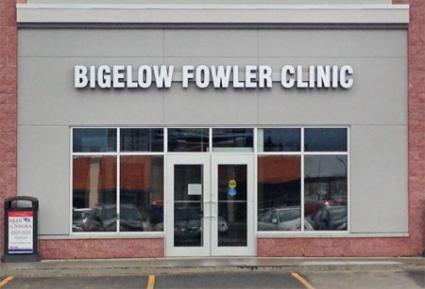Streptococcal pneumonia (formerly called pneumococcal pneumonia) is an infection and inflammation of the lungs. It is a common type of bacterial pneumonia. Streptococcal pneumonia is not usually contagious.
How does it occur?
Streptococcal pneumonia is caused by the bacteria Streptococcus pneumoniae. It often occurs after an upper respiratory tract infection, such as a cold or the flu.
What are the symptoms?
- sudden illness, often after a cold or flu
- fever and chills
- shortness of breath
- chest pain, especially when you take a breath
- cough that produces puslike, rusty, or bloody mucus (called sputum).
How is it diagnosed?
Your health care provider will review your symptoms and examine you. Your provider will check for fever or fast breathing. He or she will also listen to your lungs. The following tests help detect pneumonia.
They also help your provider know what medicine you need:
- chest x-ray
- blood tests
- lab tests of a sputum sample (a sample of mucus, also called phlegm, coughed up from deep in your lungs)
How is it treated?
In many cases, streptococcal pneumonia can be treated with antibiotics at home. Your health care provider may prescribe medicine you can take by mouth or may arrange for you to have intravenous (IV) medicine at home or in the emergency room. You may need to stay in the hospital if:
- You are having a lot of trouble breathing
- It’s hard for you to drink enough fluids
- You have no one to care for you at home
If you are hospitalized:
- You may be given oxygen
- You may be given IV fluids
- You may be checked often by nursing staff and electronic equipment
- You may have x-rays taken several times
How long will the effects last?
Usually you will begin to feel better after 2 to 3 days of antibiotics. If you are an otherwise healthy person, you should feel close to normal after a week or so. If you are over 60 years old or have other medical problems, it may take longer to feel normal.
How can I take care of myself?
Follow the full treatment prescribed by your health care provider. Rest until you no longer have a fever, chest pain, or shortness of breath. Follow your health care provider’s orders regarding activities such as school, work, or recreation. Drink more liquids (water, tea, or fruit juice) every day to help you cough up mucus more easily. Drink at least 2 quarts of liquids unless your health care provider has given you different instructions.
- Cough up lung secretions as much as possible. Use cough medicine only if your cough is dry and your provider agrees
- Use a humidifier to increase air moisture. Avoid steam vaporizers because they can cause burns
- Ask your provider about taking aspirin, ibuprofen, or acetaminophen for fever or chest pain
- Use a heating pad on a low setting to reduce chest pain. Be careful not to fall asleep while you are using the heating pad
- Call your health care provider if you feel you are getting worse or if you are not getting better in 2 to 3 days.
How can I prevent streptococcal pneumonia from recurring?
- Follow the prescribed course of treatment, including taking all of the antibiotic medicines prescribed for you
- Get a flu shot every October to protect against flu
- Get the pneumococcal pneumonia vaccine (Pneumovax) if you have a chronic illness or are over age 65
- Practice good health habits, including getting enough exercise and rest and having a healthy diet



